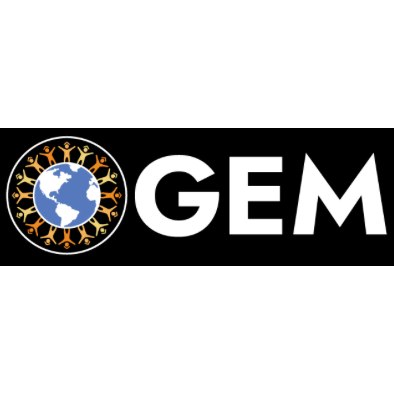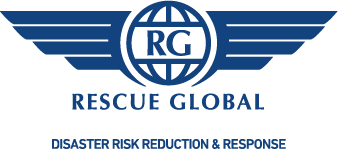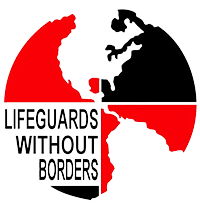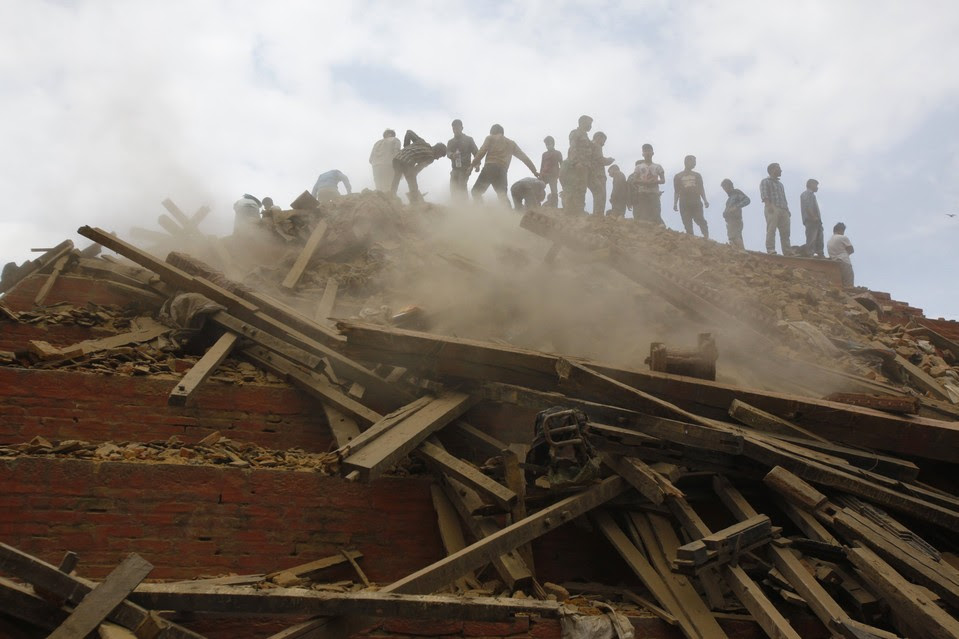
Volunteers help remove debris of a building that collapsed at Durbar Square, after an earthquake in Katmandu, Nepal, on Saturday. Photo: Niranjan Shrestha/Associated Press
The U.S. government increased its commitment of aid to Nepal to $10 million on Monday, and U.S.-based charities mobilized to rush aid to the earthquake-stricken mountainous nation.
But bottlenecks, communication difficulties and other logistical hurdles slowed some relief efforts, as organizations rushed to get people and supplies into the country. At least 4,000 people were killed, including at least four Americans, and thousands more were injured in the earthquake, which struck Nepal on Saturday. The death toll is expected to rise as search teams dig through the rubble of collapsed buildings and reach remote villages cut off by the disaster.
Thousands more people have been displaced from their homes and are in need of food, water and shelter, aid organizations said. Some said they are concerned that supplies of essential medicines such as antibiotics may be low, and that poor sanitation could spark outbreaks of diarrhea and other waterborne illnesses.
Speaking in New York on Monday, Secretary of State John Kerry pledged $9 million in relief funds, in addition to $1 million the State Department announced over the weekend. The U.S. government dispatched two C-17 aircraft carrying U.S. search-and-rescue personnel as well as supplies to contribute to relief efforts. Two teams of Army Green Beret soldiers were in Nepal for a training exercise when the earthquake struck and will remain there to assist with relief efforts, the Pentagon said Monday.
Relatives are still waiting for any news on a Washington state couple that was trekking in Nepal when the earthquake hit. Family members are hoping for the safe return of Doreen Richmond and Jim Lane, said Kathy Glubiak, Ms. Richmond’s sister, on Monday.
Save the Children, a charity based in Fairfield, Conn., is trying to bring clean water to Nepal from China and India as quickly as possible, said spokesman Phil Carroll. Nepal already had poor sanitation before the earthquake, he said. “Right now we are really focusing on getting clean water to people,” he said. “We want to prevent further deaths from waterborne illnesses.”
The group, which has been in Nepal since 1976, has about 400 workers in the country, most of them Nepali, distributing emergency supplies like blankets. More staff are being sent in, Mr. Carroll said. He said he didn’t know how many supplies had been handed out. “Communication has been really spotty with our staff,” he said.
Christian aid organization Samaritan’s Purse, based in North Carolina, has gotten only two people into Nepal so far, while flights carrying another 20 aid workers have been turned away from the Katmandu airport because of congestion, according to Ken Isaacs,vice president of programs and government relations.
“It’s a huge logjam, a big bottleneck there, so getting in and out is a problem,” he said.
Samaritan’s Purse has set up operations in India to try to ship supplies to Nepal by truck, he said. The group has started gathering cooking sets, flashlights, candles and medical supplies to distribute once it gets operations established in Nepal.
On Sunday, flights had to circle for up to 90 minutes before they were able to land at Tribhuvan International Airport in Katmandu, and the airport ran out of parking slots for aircraft on Monday as relief flights poured in, according to flight-tracking website Flightradar24 AB.
Andrew Lustig, president of disaster-response organization Global Outreach Doctors, said he was taking a team of nine people and three dogs to Nepal to help with search-and-rescue efforts. The dogs, border collies and Labrador retrievers, have experience in disasters, including 9/11, and are efficient in locating people in deep rubble, he said.
He said from the news from Nepal wasn’t very encouraging. “If 4,000 people are dead in few days after the event, based on my experience in Haiti and Philippines, these are ominous signs,” he said.
Other organizations that already had substantial staff in Nepal are working on bringing in supplies as quickly as possible.
Atlanta-based CARE, which already had 150 workers in the country, is sending in more and has announced a public appeal seeking $40 million in donations to help about 100,000 people, according to spokesman Brian Feagans. The initial supplies to be distributed, en route from India, will include blankets, clothes and soap, according to Mr. Feagans. The organization plans to focus much of its efforts on more remote villages northwest of the capital Katmandu, he said.
The American Red Cross said it has staff en route to the earthquake zone. It pledged $300,000 to disaster relief being led by the Nepal Red Cross, which has started distributing 19,000 relief kits that include clothing, kitchen sets, tarpaulins and mosquito nets.
Portland, Ore.-based international aid group Mercy Corps already had more than 90 staff members living in Nepal when the earthquake hit, said spokeswoman Christine Bragale. They have been handing out emergency supplies, including water containers, clothing and cooking utensils At the request of the government, the organization is now working to buy and deliver 5,000 bags of household supplies, 2,000 shelter kits and 5,000 tarps to survivors, she said. In the wake of the earthquake, the organization has raised more than $500,000 in donations, she said.
Workers from Christian humanitarian group World Vision had handed out shelter materials and blankets to 1,000 families as of Sunday, said Johnny Cruz, a spokesman for the group. Mr. Cruz said the organization is airlifting supplies to the region and hopes to aid 100,000 people. World Vision already had more than 200 staffers in the country working on projects.
Nepalese people in the U.S., college students, companies, religious groups and others have held vigils and launched fundraisers in response to the crisis. The owners of at least nine Nepalese restaurants in Chicago joined together to collect funds and hold fundraising dinners for earthquake victims. Chicago’s Nepalese community is about 15,000 people strong.
“It’s not like a tornado, which will just pass by doing the damage it does,” said Sharda Thapa, chairman of the fundraising committee. “There are many areas in that mountainous region which are still to be reached. We are preparing for a long haul.”
The Nepal Center of North Carolina said its booth at the Cary, N.C., Spring Daze arts festival on Saturday was swamped with people eager to show support. “Many people and their relatives are affected directly or indirectly,” said Thakur Karkee, who is helping coordinate relief efforts for the group.
Online payment company PayPal launched a disaster relief campaign that allows donors to give money to 17 aid organizations such as American Red Cross and Habitat for Humanity. The company said it would waive fees for the donations. The site had tallied more than $300,000 in donations by Monday afternoon.
—Felicia Schwartz, Tarun Shukla and Valerie Bauerlein contributed to this article.
 By CAMERON MCWHIRTER and ZUSHA ELINSON |
By CAMERON MCWHIRTER and ZUSHA ELINSON | 
